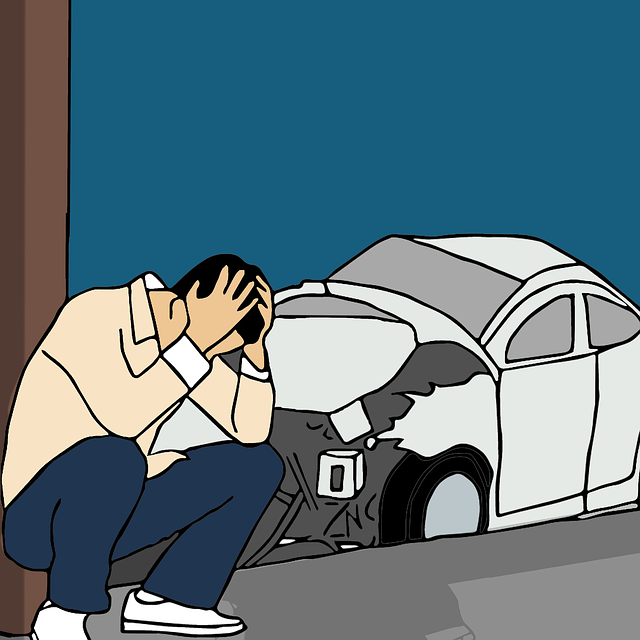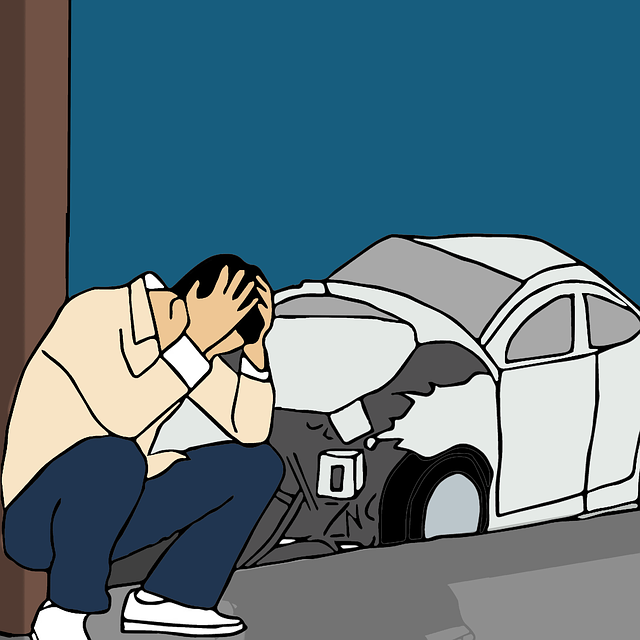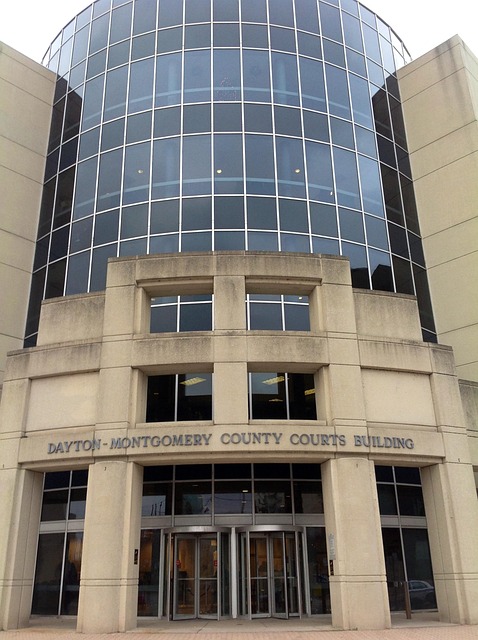Motorcycle accidents can cause hidden but severe head injuries, including concussions, with symptoms like dizziness, headaches, nausea, and 'brain fog'. Recognizing these signs is crucial for prompt treatment and navigating legal claims. While recovery may take weeks or years, early intervention with specialized care and peer support improves outcomes for victims of motorcycle accident head injuries.
Motorcycle accidents can result in severe head injuries, often with invisible yet profound effects known as concussions. Understanding these hidden impacts is crucial for riders and medical professionals alike. This article delves into the signs of concussion stemming from motorcycle accidents, focusing on physical symptoms and long-term implications. By recognizing key indicators, you can navigate the road to recovery effectively. Remember that early detection and proper care are essential in managing and overcoming the consequences of a motorcycle accident head injury.
- Understanding Concussions: The Hidden Impact of Motorcycle Accidents
- Recognizing Physical Symptoms: What to Look For After a Head Injury
- Long-Term Effects and Recovery: Navigating the Road to Healing
Understanding Concussions: The Hidden Impact of Motorcycle Accidents

A motorcycle accident head injury can have profound effects, often hidden from immediate view. Concussions, in particular, are complex injuries that don’t always manifest as obvious physical damage. The brain, a delicate organ, can sustain trauma with no external marks, yet the consequences can be severe and long-lasting. Understanding the signs of a concussion is crucial for anyone involved in motorcycle accidents, as it enables prompt treatment and reduces potential complications.
Motorcycle riders who’ve experienced a head injury may face a range of symptoms, from subtle cognitive changes to physical debilitation. Dizziness, headaches, nausea, and blurred vision are common initial indicators, often accompanied by difficulty concentrating or remembering recent events (a condition known as ‘brain fog’). As time goes on, more complex signs may emerge, such as sensitivity to light and noise, sleep disturbances, and even mood alterations. Recognizing these early warning signs is vital, prompting riders to seek medical attention from a personal injury attorney or accident lawyer specializing in brain injuries, who can guide them through the recovery process and advocate for their rights.
Recognizing Physical Symptoms: What to Look For After a Head Injury

After a motorcycle accident involving head injury, recognizing physical symptoms is crucial for understanding the extent of the harm and pursuing appropriate medical care. Signs can vary greatly depending on the severity of the concussion but may include immediate and persistent headaches, nausea or vomiting, dizziness, balance issues, double vision, sensitivity to light or noise, fatigue, and difficulty concentrating or remembering things (a condition known as cognitive dysfunction).
Beyond these common indicators, more severe concussions might manifest with altered consciousness, confusion, slurred speech, seizures, or even loss of consciousness for a brief period. If you or someone else experiences any of these symptoms following a motorcycle accident head injury, it’s crucial to seek medical attention promptly. Understanding these signs is not only key to ensuring proper treatment but also plays a role in navigating potential accident compensation claims, especially when dealing with complex cases involving medical negligence or elder law issues.
Long-Term Effects and Recovery: Navigating the Road to Healing

A motorcycle accident head injury can have both immediate and long-term effects on an individual’s health and well-being. While many people recover fully within a few weeks, others may experience persistent symptoms that impact their daily lives for months or even years. The road to healing is unique for everyone, but understanding potential challenges can help victims and their support networks navigate this complex journey.
Long-term effects of a motorcycle accident head injury can include cognitive impairments, such as difficulties with memory, concentration, and decision-making. Sensory processing issues, like heightened sensitivity to noise or light, are also common. Additionally, emotional changes, including anxiety, depression, or mood swings, may arise. Early intervention and specialized care, often involving therapists, neurologists, and psychologists, can significantly enhance recovery outcomes. Support groups and peer connections can further facilitate the healing process by providing a safe space for sharing experiences and practical advice.
A motorcycle accident can result in serious head injuries, often with subtle signs of concussion that may go unnoticed. Recognizing physical symptoms like headaches, dizziness, and cognitive changes is crucial for proper treatment and recovery. Understanding the potential long-term effects and seeking timely medical attention are essential steps in navigating the road to healing from a motorcycle accident head injury.





